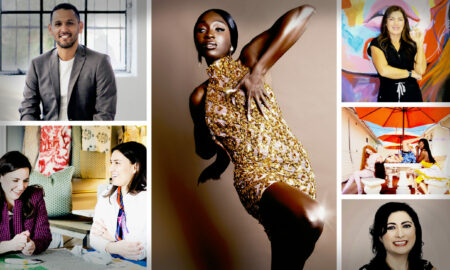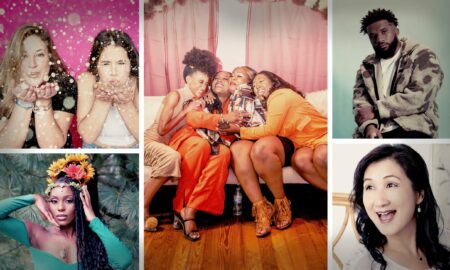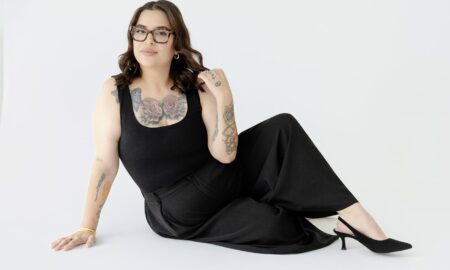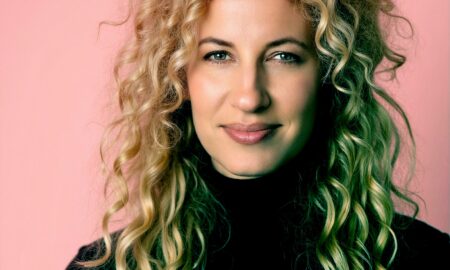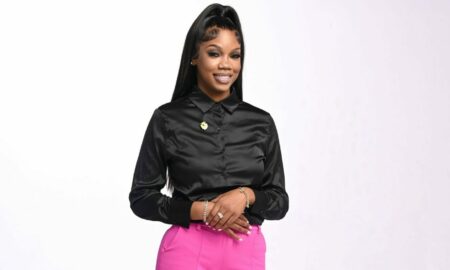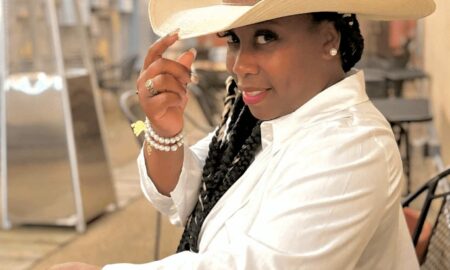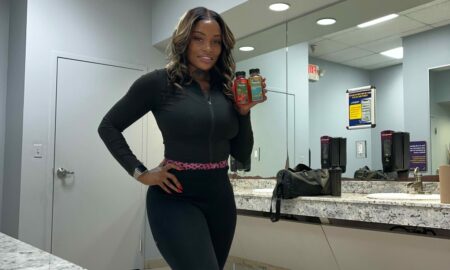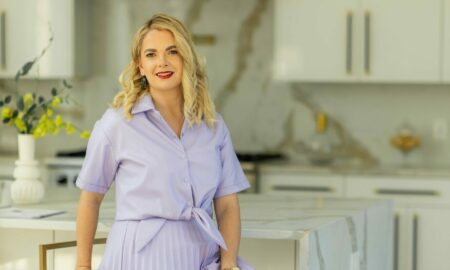 Today we’d like to introduce you to Edyka Chilomé.
Today we’d like to introduce you to Edyka Chilomé.
Edyka, please kick things off for us by telling us about yourself and your journey so far.
I come from an ancient people who tell stories in circle, face to face, weaving robust laughter and unapologetic rhythm in their listening and their words. This my favorite way to tell story. Unfortunately, I am asked to tell you my story now through this screen as I sit in an apartment in east Dallas not too far from where my mother worked more than 15 years ago when we moved to Dallas. I was in middle school then growing up in what was a more melanted and working-class east Dallas. That community is no longer as visible, instead, it is replaced by Starbucks, white women teaching a watered down appropriated version of an ancient cultural practice called Yoga, and way too many restaurants that overwork and underpay the people that were yet again displaced on their own land and could no longer dream of living here now. This is the lens in which I see my city and my current context being born to a father who was also displaced by a U.S. funded genocide in El Salvador and a mother who was forced to move from Mexico to be cheap labor in large corporate farms and factories in the U.S. as a child. My art is inspired by what I see and my lived experiences and that of my people. I do what I can to honor the way my ancestors have always honored our stories for the good of our future generations.
Can you give our readers some background on your art?
A few years ago I published a collection of poems that I titled She Speaks Poetry it was a personal testimony of confessions, prayers, and memories. I did this after years of community activism, honest writing, and daring to spit poems in some pretty amazing and inspiring art communities. Since then, I have done two TEDx talks and have gotten the opportunity to share my spoken word poetry and speak on social justice issues on multiple media platforms and spaces around the country including NPR, The Huffington Post, GLAAD, The Tucson Poetry Festival, Prindle Institute for Ethics, The Dallas Museum of Art, and Duke University. More recently I have had the experience of publishing a number of articles, and essays, as well a theatrical play that was produced this spring at the Latino Cultural Center down town by Cara Mia Theatre Company, the largest Latino theatre company in Texas. My work is a humble offering that speaks about the stories I have inherited and the realities I have lived as a queer woman of color raised with ties to her indigenous roots, to this land, and this world.
Do you think conditions are generally improving for artists? What more can cities and communities do to improve conditions for artists?
The artist in the United States is a dispensable commodity. As the intensity of capitalist society increases, so does its disrespect towards the role of the artist. We are prized when the illusion of us or our creation moves industry and product. Outside of that we are not prized or respected for being teachers, philosophers, or healers of our communities. Therefore, our quality of life and access to basic human needs are not guaranteed and that is a shame. I feel many of us play these significant roles in our communities and many more of us would be encouraged to if the values of this country were invested in honoring human life. The city of Dallas should not have to be convinced of the value of the local artist yet it continues to ask of us some justification for its respect. Like in many other parts of the world, a city like Dallas could invest in its local creative community and offer benefits and policy that honor the role of the artist in civil society. It feels absurd to me that things like accessible and holistic health care, consistent work, affordable housing etc. etc. seem to be radical ideas in this city and in this country. Yet it is our responsibility as the artist to share the stories and be a reflection of the human condition no matter how painful it might be.
What’s the best way for someone to check out your work and provide support?
You can order my book of poetry on Amazon or directly from me with a dedication on my website. You can also pick a copy up in Deep Ellum at Deep Vellum Books. Like many of us I live part time on social media so you can follow me @edykachilome and you can check out my website Edykachilome.com.
Contact Info:
- Website: Edykachilome.com
- Email: booking.edykachilome@gmail.com
- Instagram: https://www.instagram.com/edykachilome/
- Facebook: https://www.facebook.com/edykachilome/?ref=settings
- Twitter: https://twitter.com/EdykaChilome




Image Credit:
Fela Raymond
Adolfo Cantu – Villareal
Kathrine Tejada
Fela Raymond
Adolfo Cantu- Villareal
UNT Fine Arts Series
Jessica Diaz Hurtado
Courtney Marie
Getting in touch: VoyageDallas is built on recommendations from the community; it’s how we uncover hidden gems, so if you know someone who deserves recognition please let us know here.

